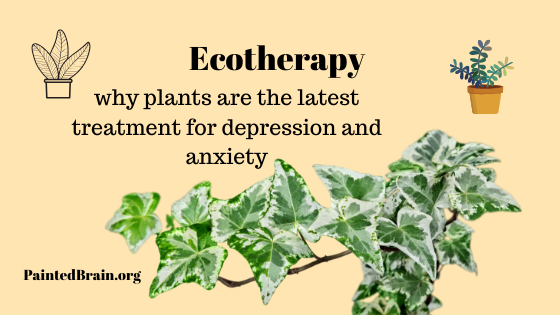Do you like to spend your time planting flowers, herbs, and vegetables?
Or what about landscaping and creating beautiful gardens?
It is a widely known fact that going spending time outside is good for our minds and our bodies. But what are the mental health benefits of spending time in the dirt?
Read on to learn about how gardening can help to improve symptoms of mental health challenges and improve one’s overall quality of life as well.
Decrease Stress
In a study done on the effects of gardening on stress levels, it was found that spending 30 minutes of gardening outdoors lowered overall stress levels. After the participants spent 30 minutes gardening, it was found that their cortisol levels dropped significantly.
This means that 20 minutes of gardening can be an effective tool to manage acute stress.
Boost Mood
Gardening has been shown to increase levels of dopamine and serotonin, the two “feel-good” neurotransmitters which lift the mood and overall happiness levels.
This is due to the fact that gardening is physical in nature, and body movements and exercise lead to increased levels of positive neurotransmitters.
This, combined with the fresh air of the outdoors, creates a mood-boosting experience.
Mindfulness Benefits
With all the visual and auditory stimulations in the modern world, it can be hard to stay present. Gardening is a wonderful way to stay in the moment, as it can help one feel connected to something real and safe. Running dirt between one’s fingers or watching a plant grow slowly over time can help one feel a connection to nature and to the present moment.
A Sense of Empowerment
In a study done on the effects of gardening on wellness, it was found that gardening increased the participants’ feelings of empowerment. Planting and growing their own plants helped participants feel like they had created something worthwhile, which in turn empowered them.
Planting one’s own garden can create a sense of responsibility as well, proving to be effective in the development of children.
Decrease Anxiety and Depression
It has also been proven through multiple studies that consistent time spent gardening can reduce symptoms of depression and anxiety. This is likely due to the fact that gardening helps to cultivate a sense of calm and peacefulness.
Participants in multiple studies have reported that gardening helped them calm racing thoughts associated with anxiety and uplift low mood levels that are associated with depression.
Create a Sense of Community
Gardening has also been shown to increase one’s sense of community and provide opportunities for social interaction. For many with mental health challenges, it can be difficult to find a community and make a group of friends. A gardening club or group can be a great solution to that problem as gardening often requires teamwork.
Gardening can be a teamwork activity every step of the way from planning a garden, picking out the supplies, planting the flowers or crops, taking care of the garden, and then enjoying its produce! It can be very rewarding to create something beautiful like a garden with a team, and it can create many opportunities for social interaction and connection.

